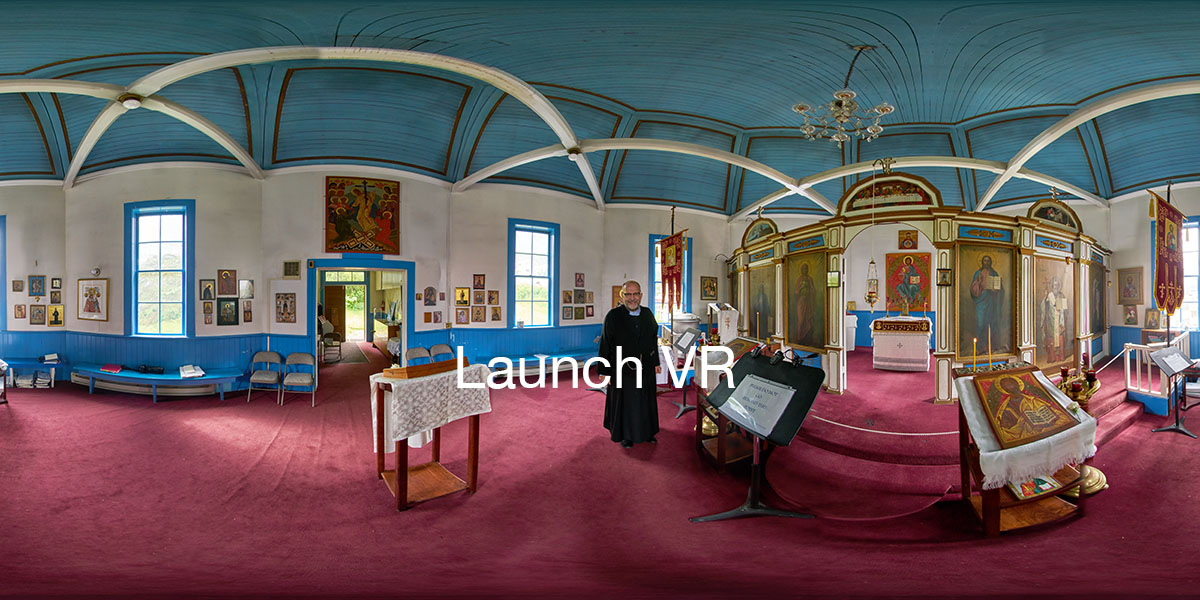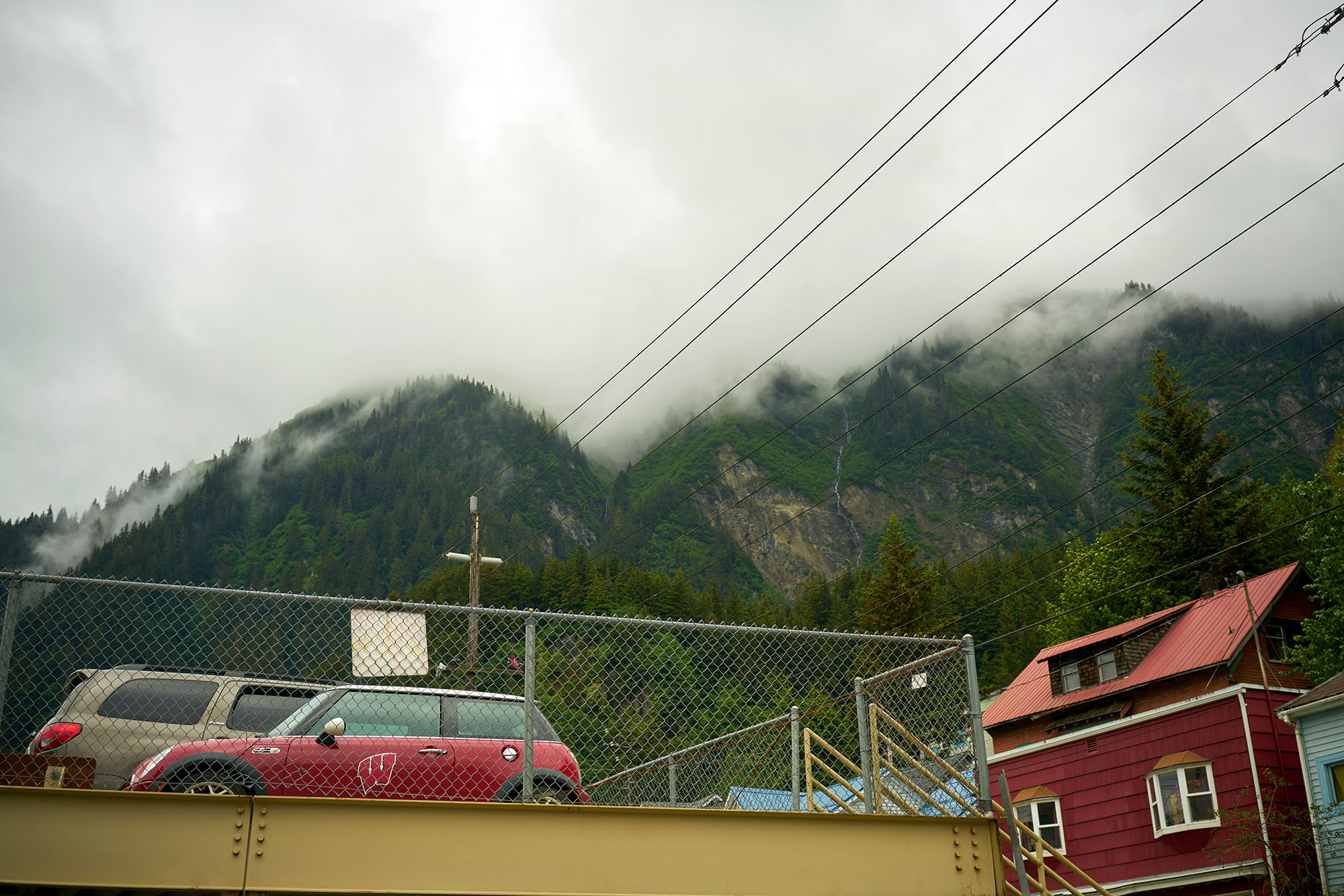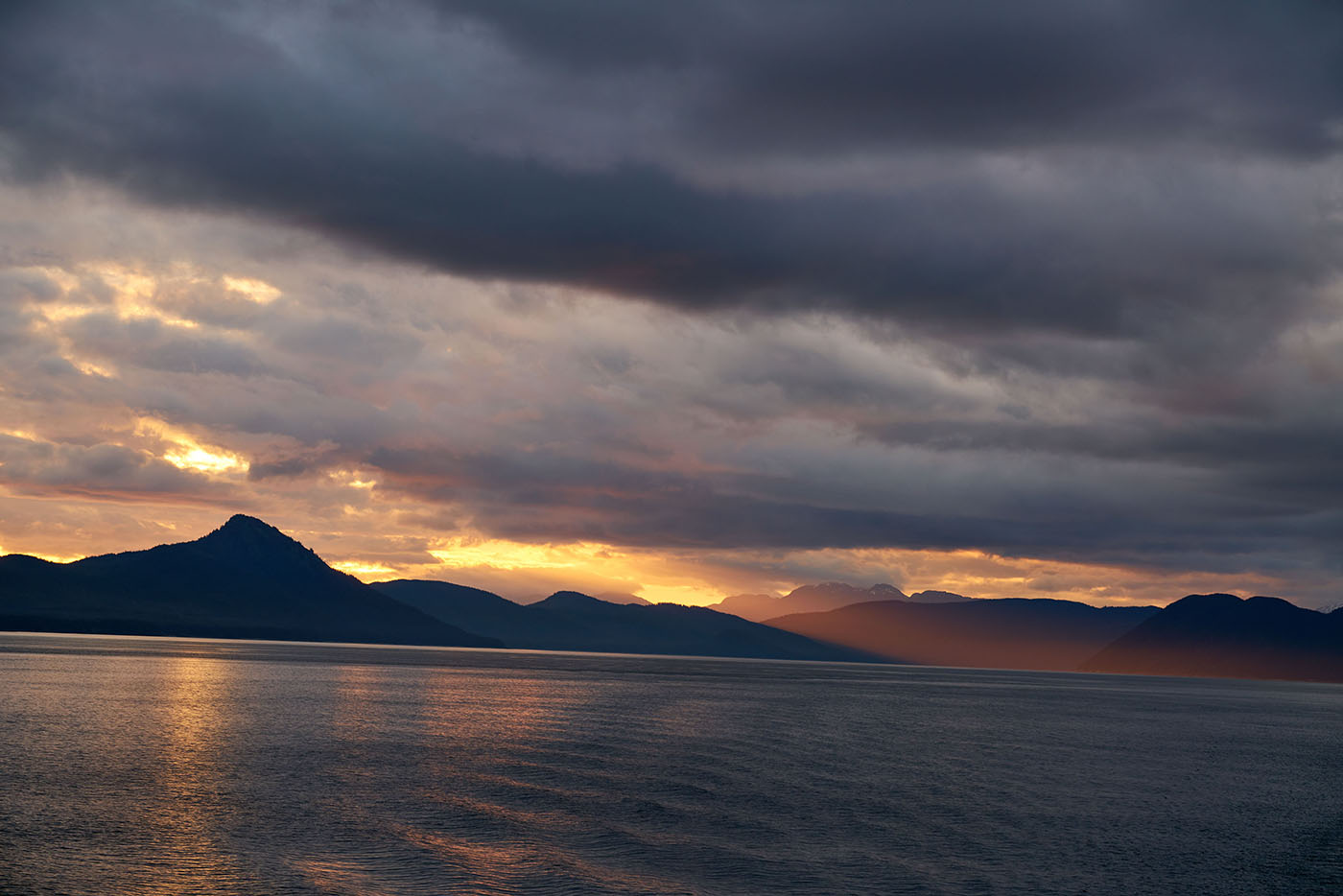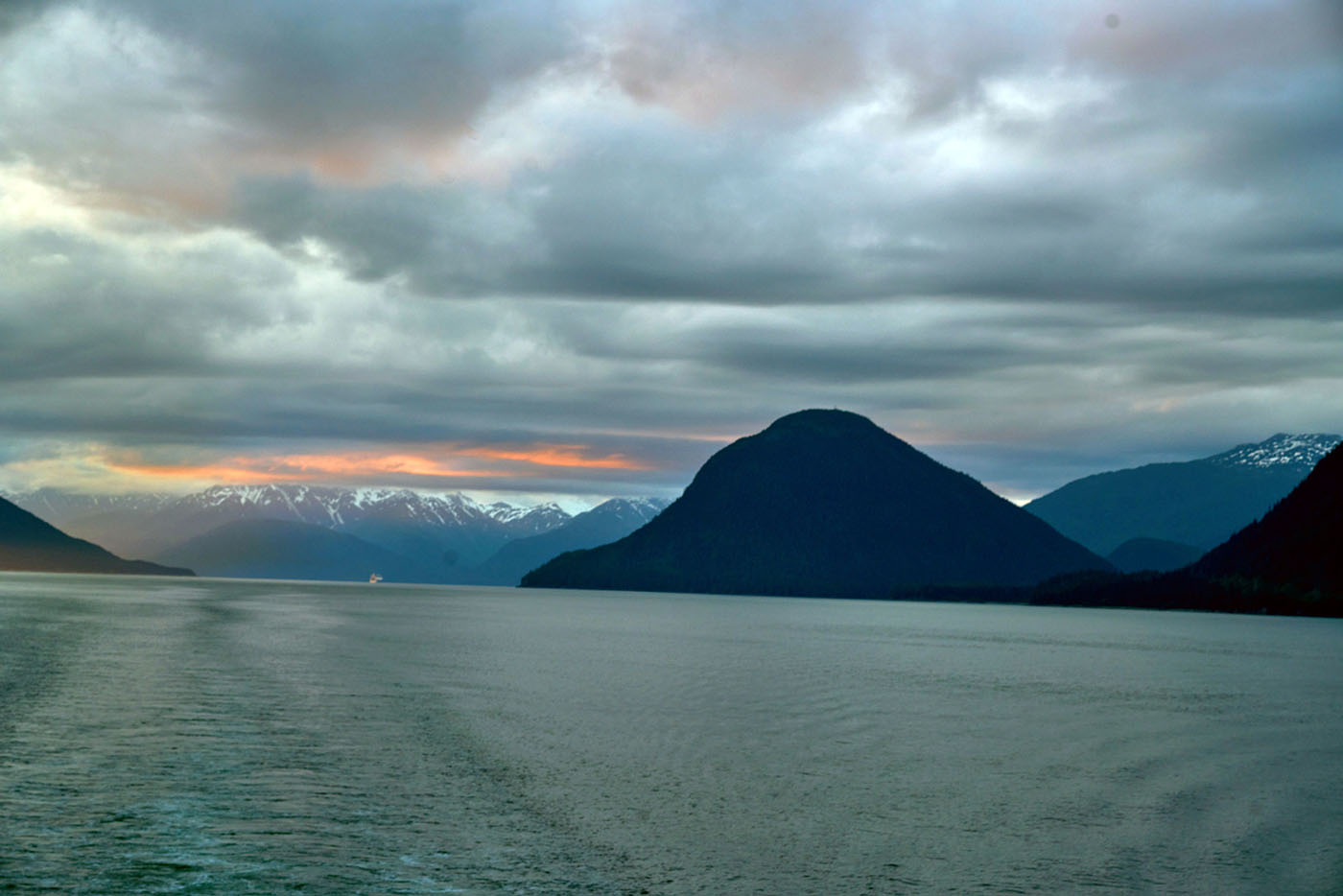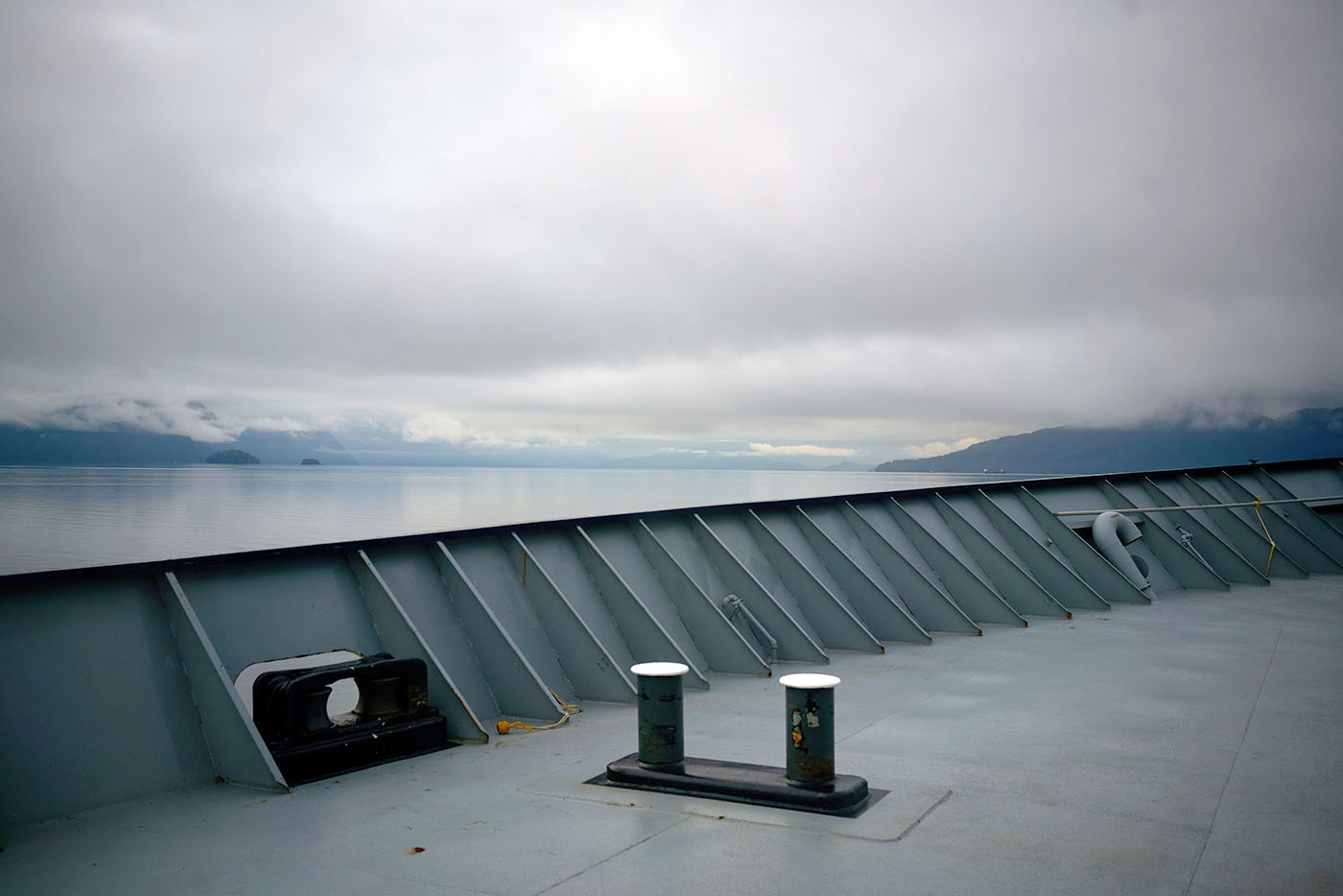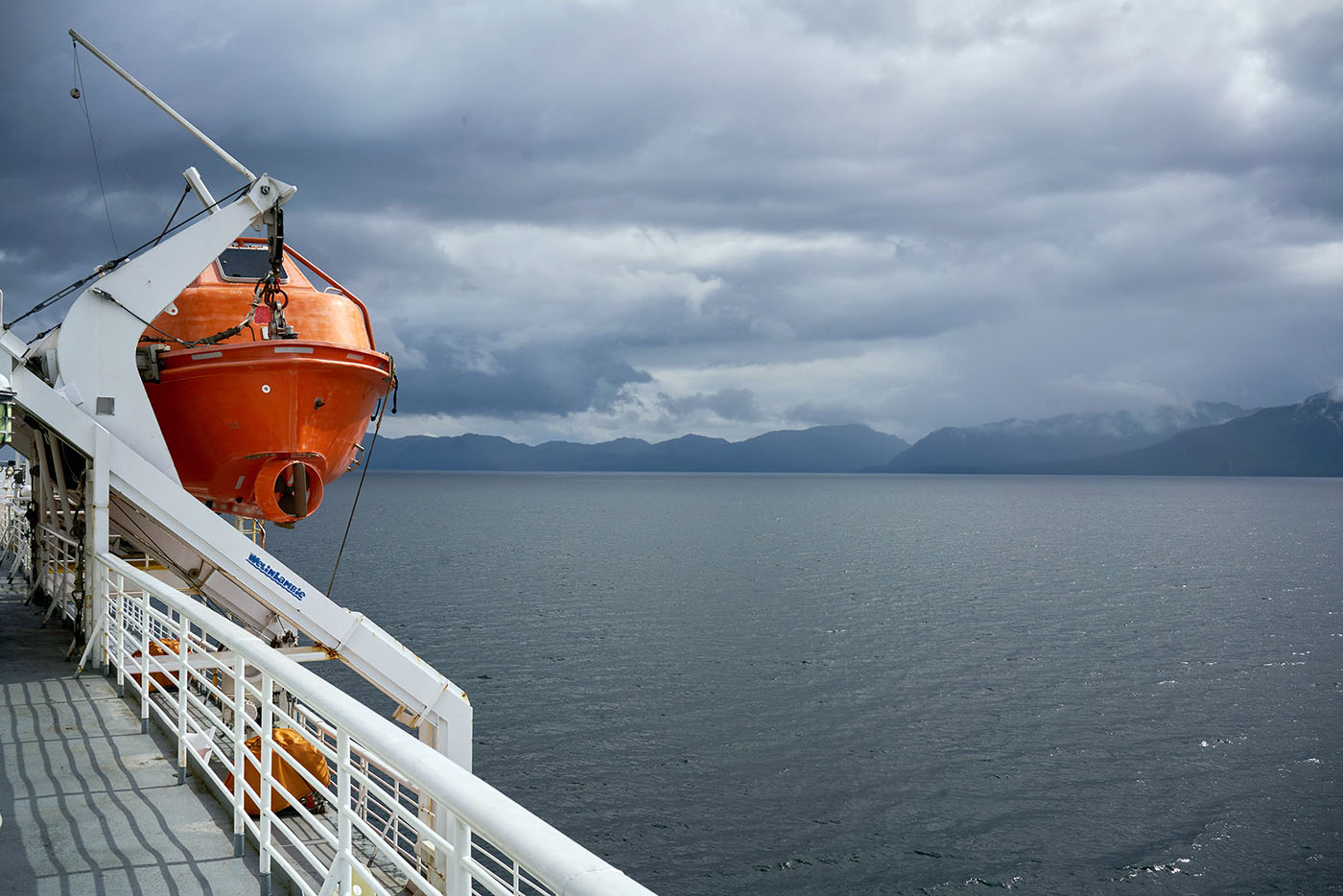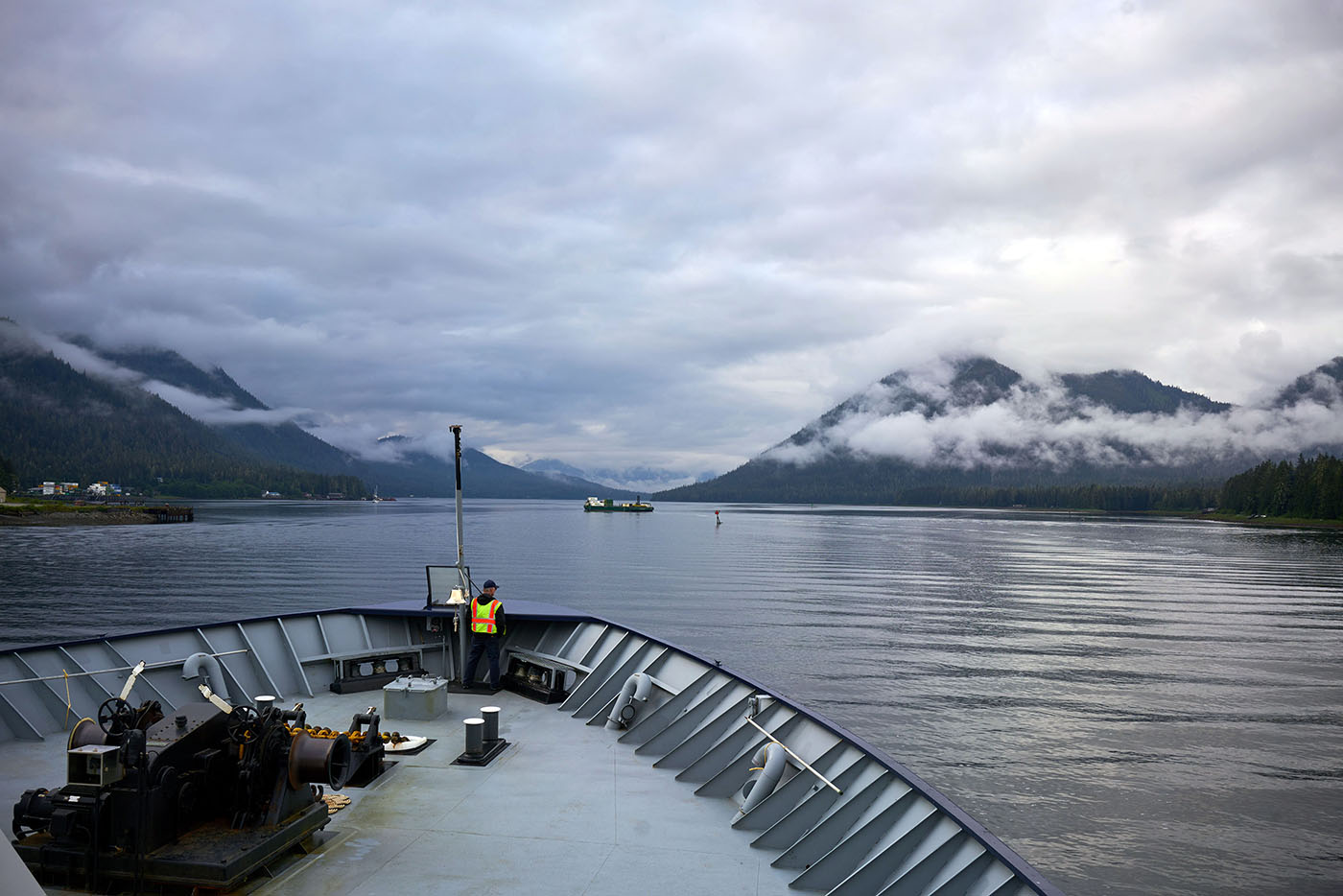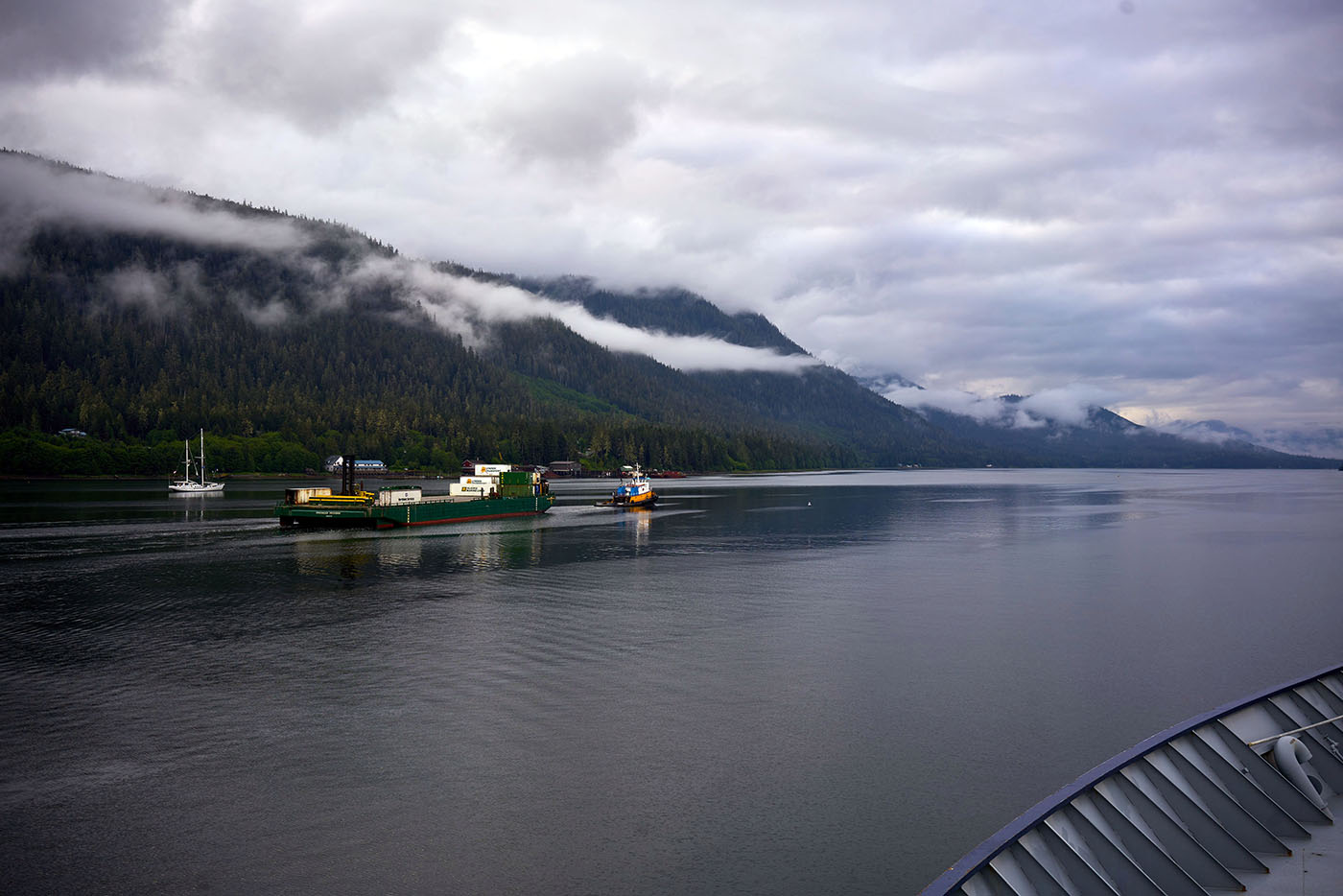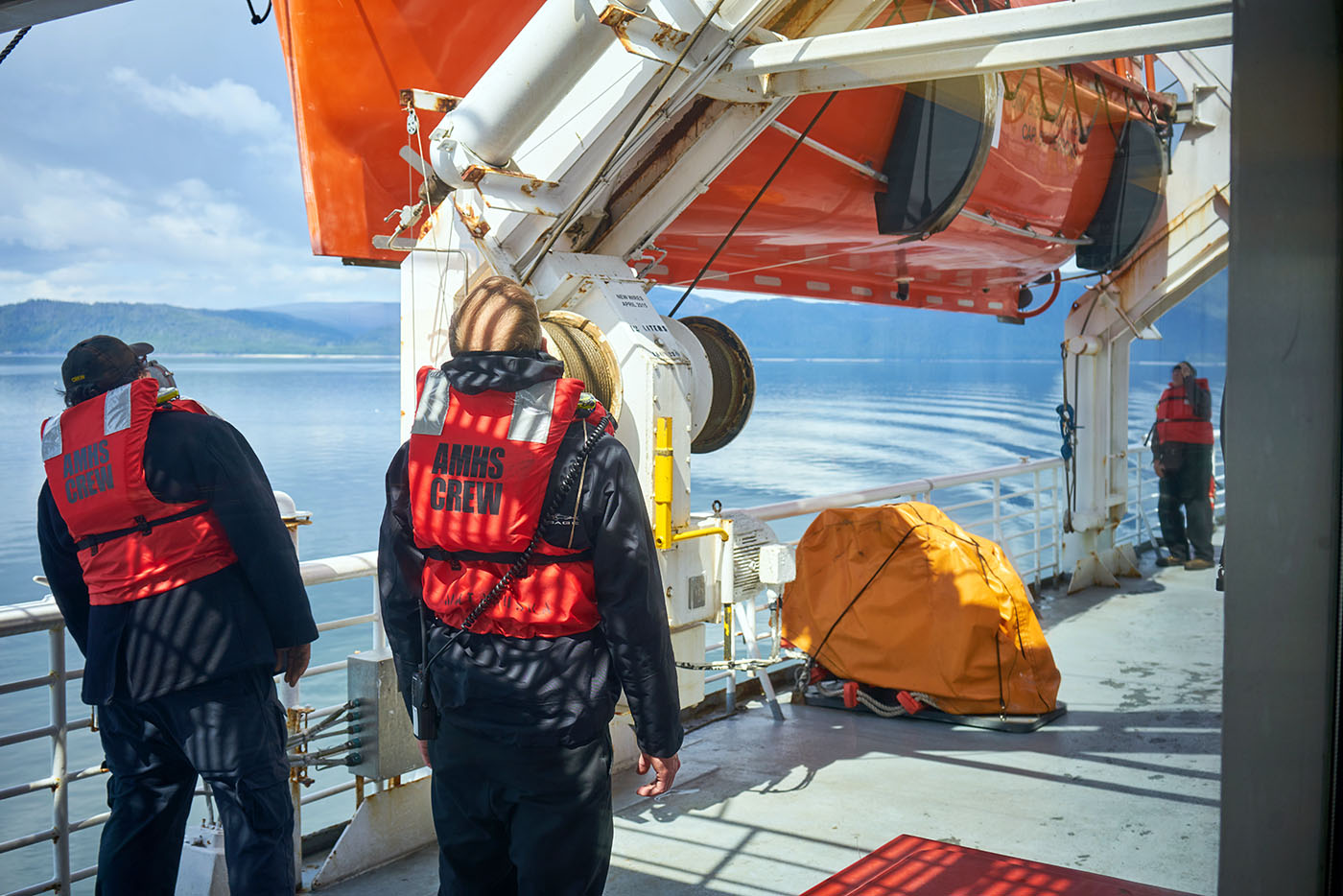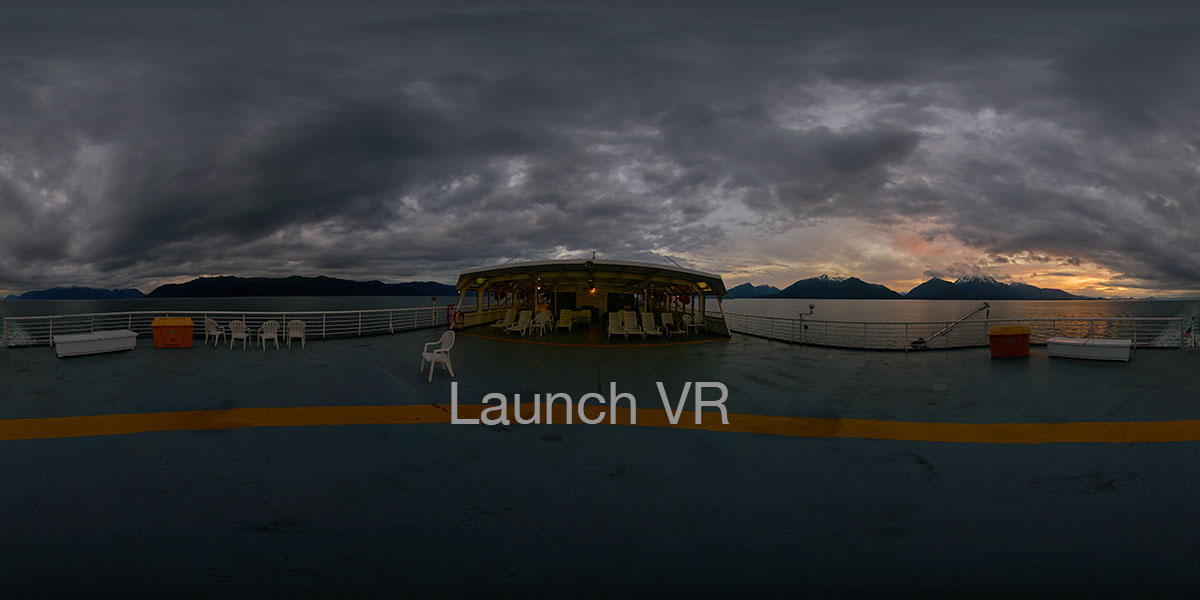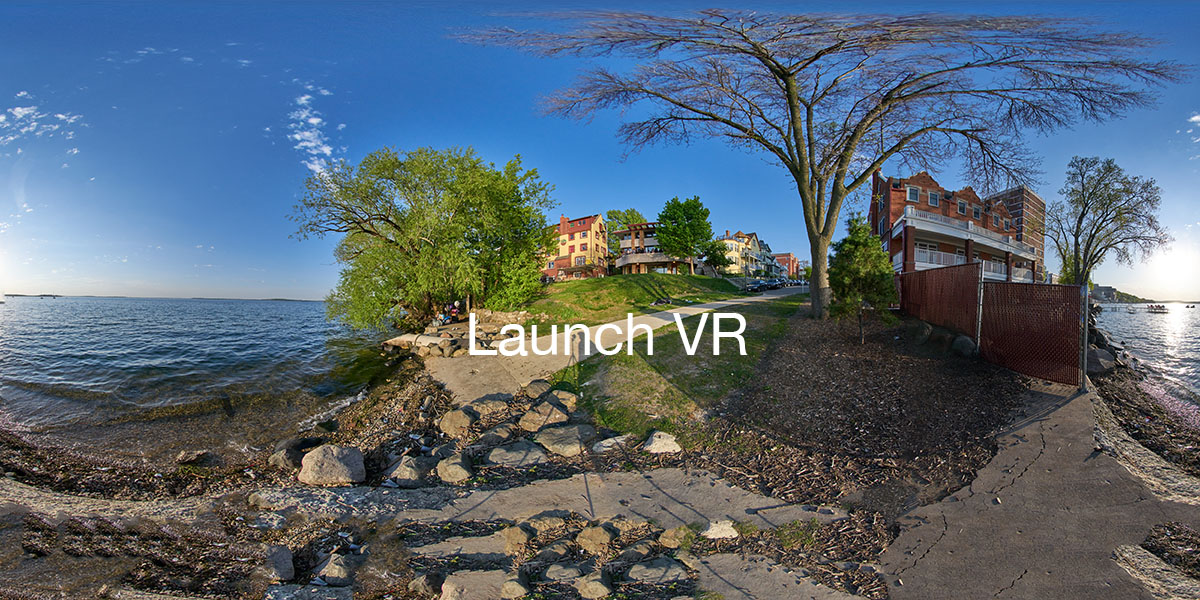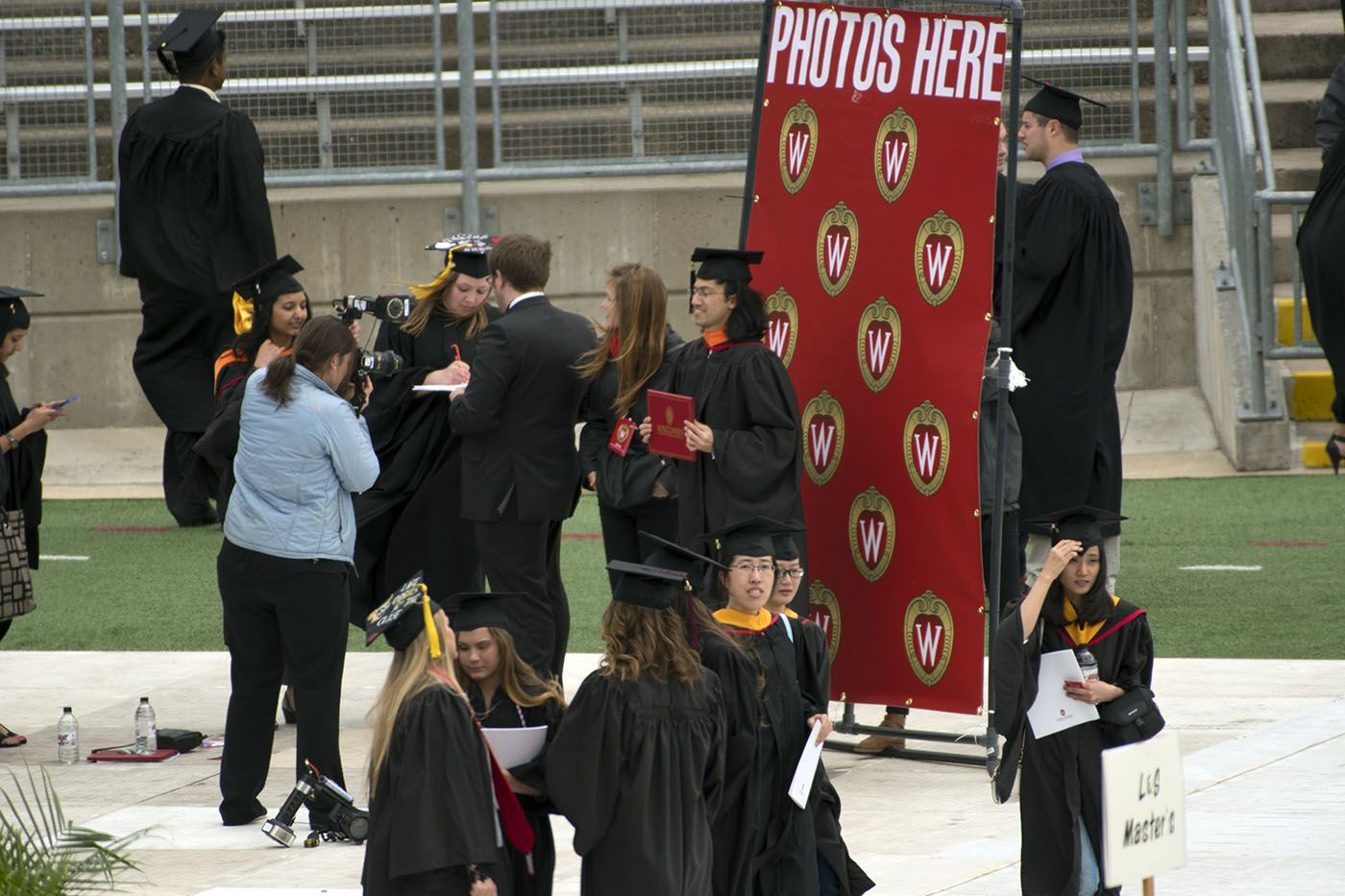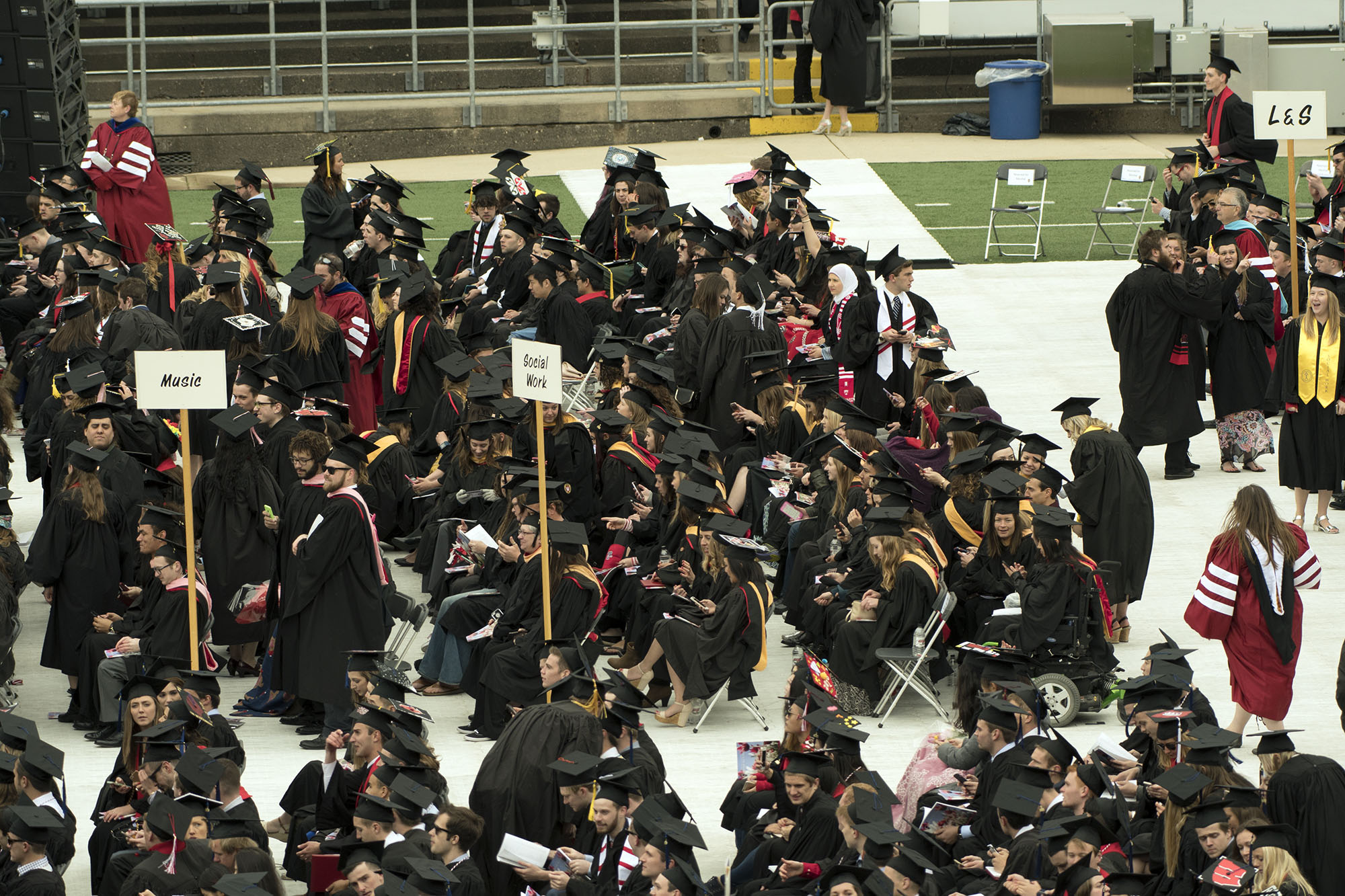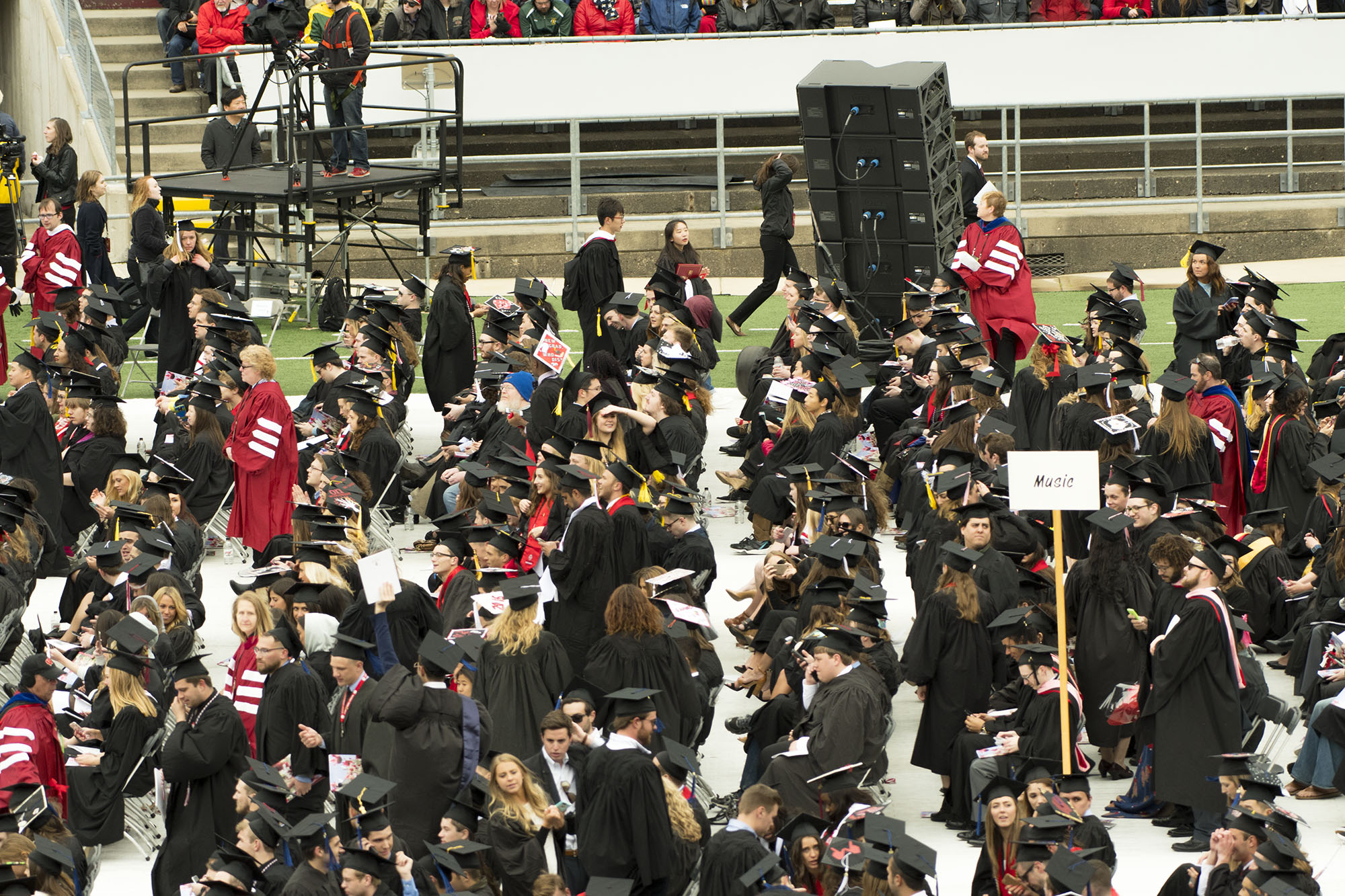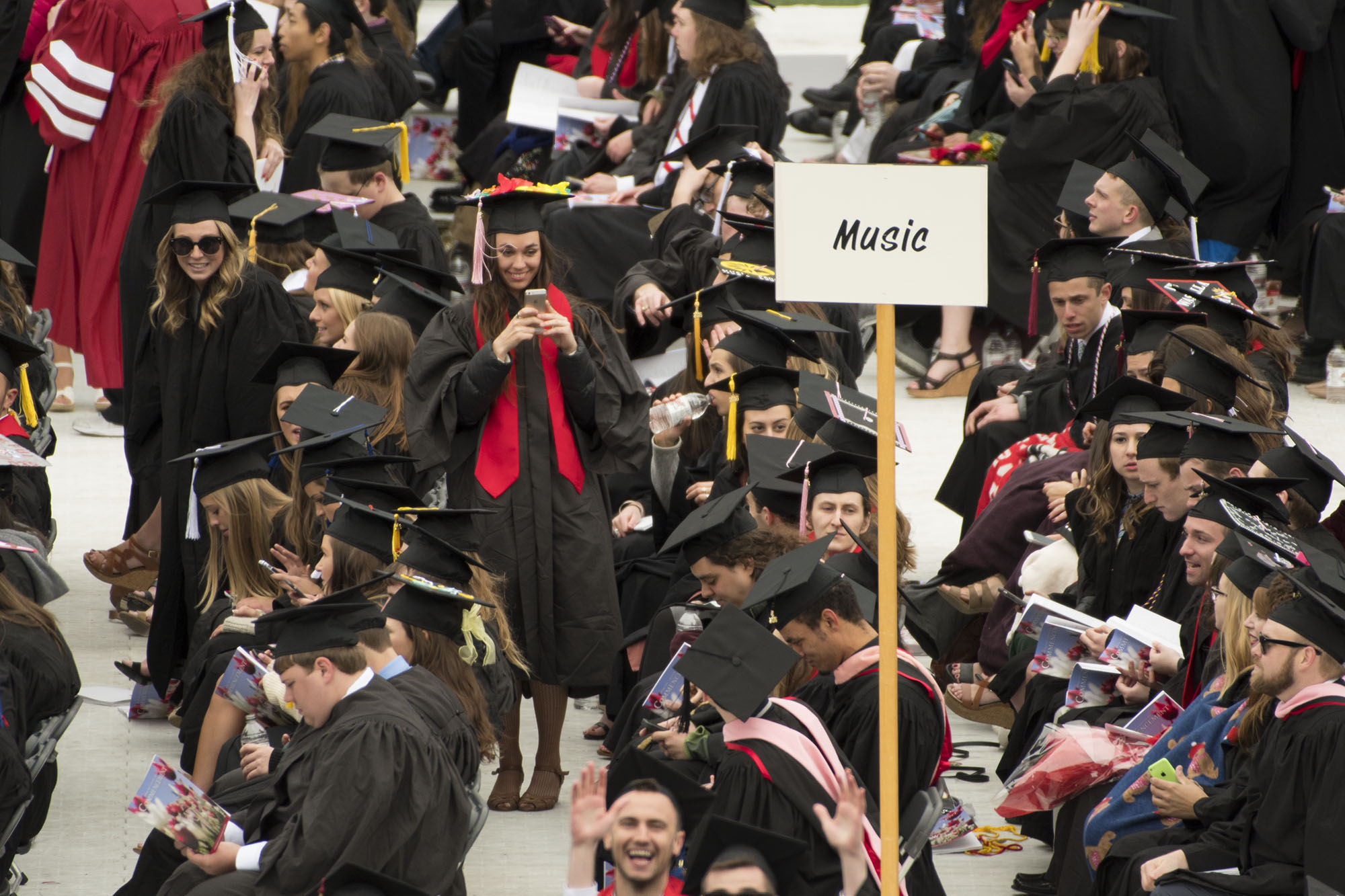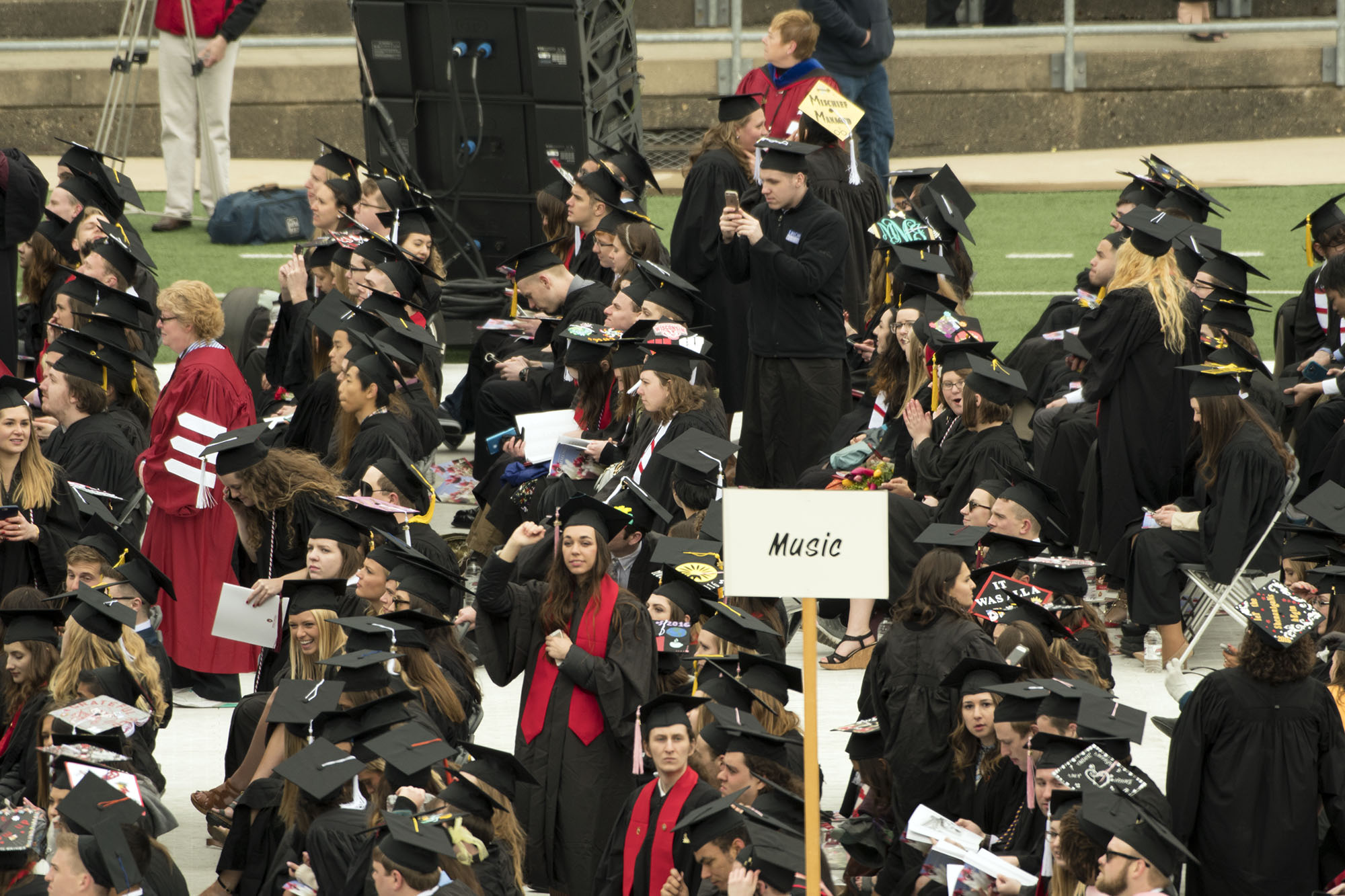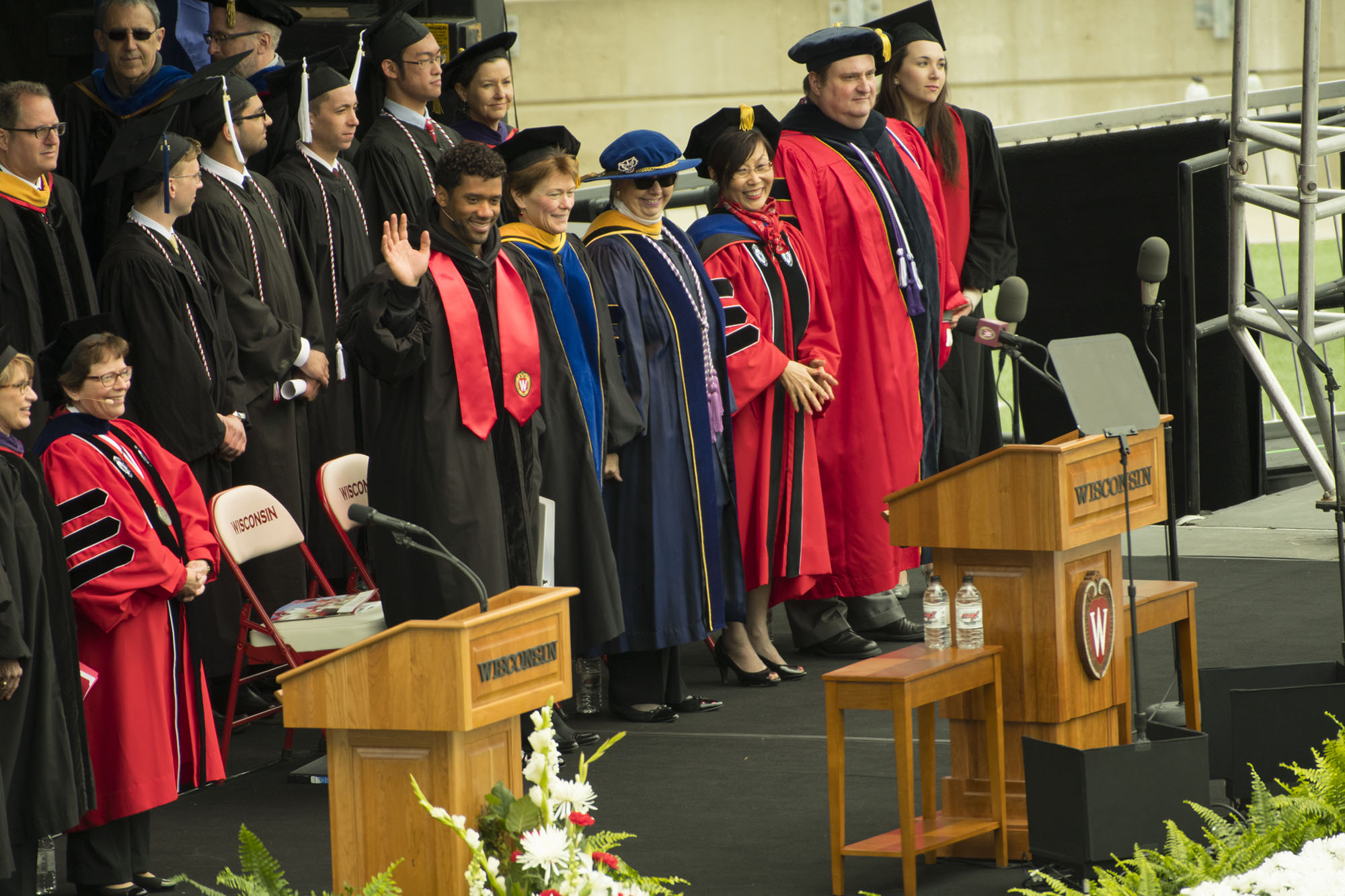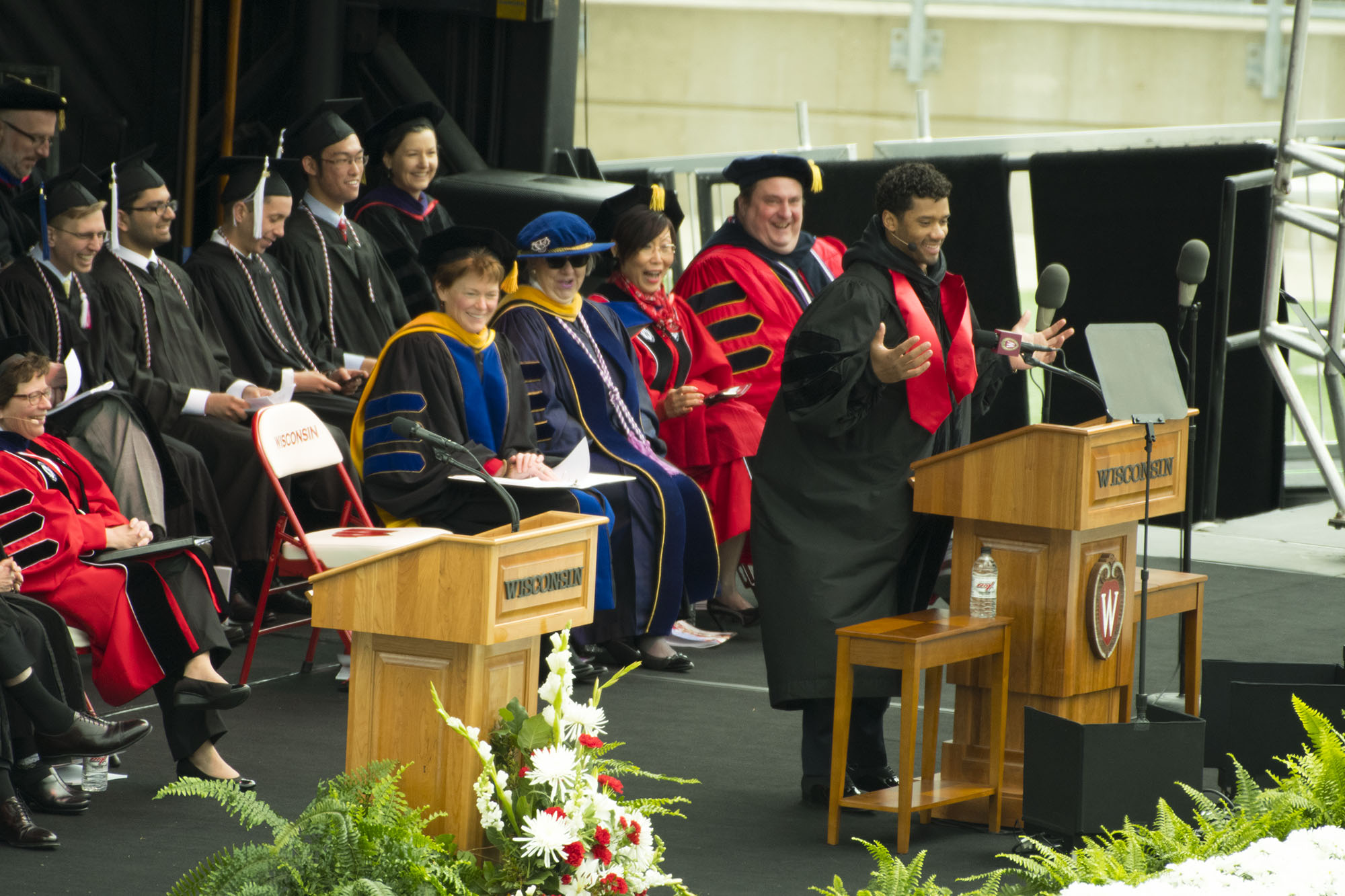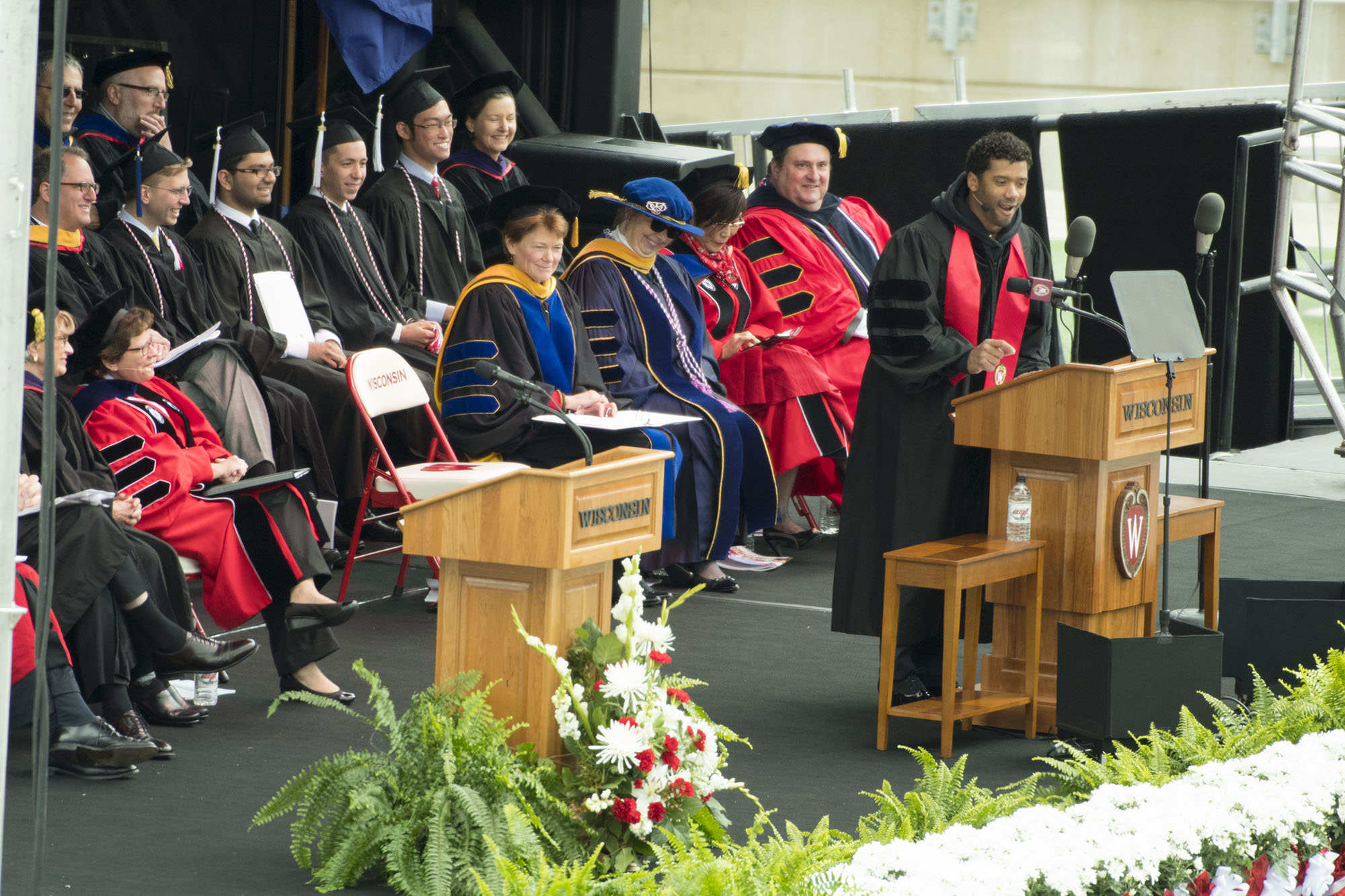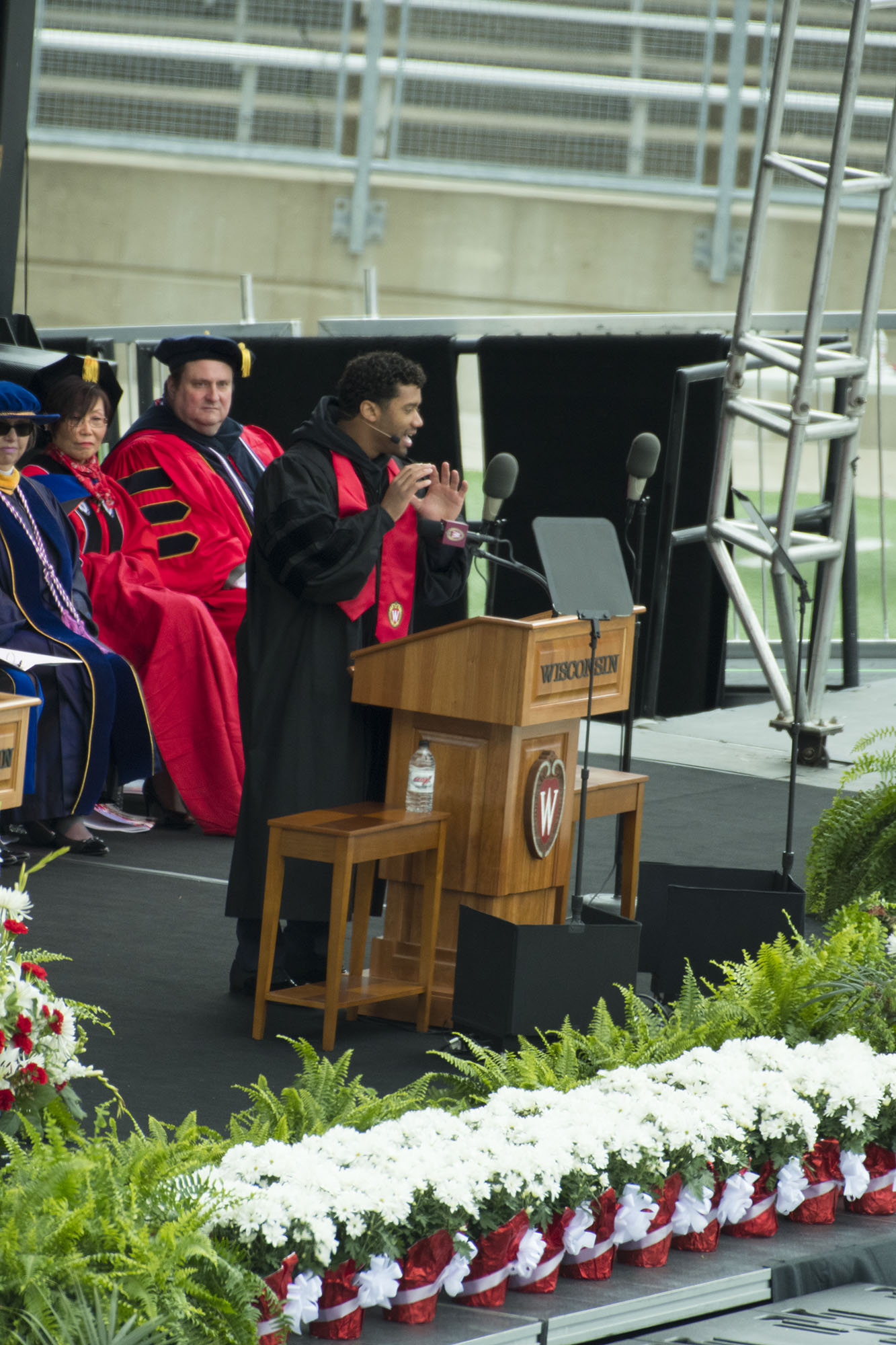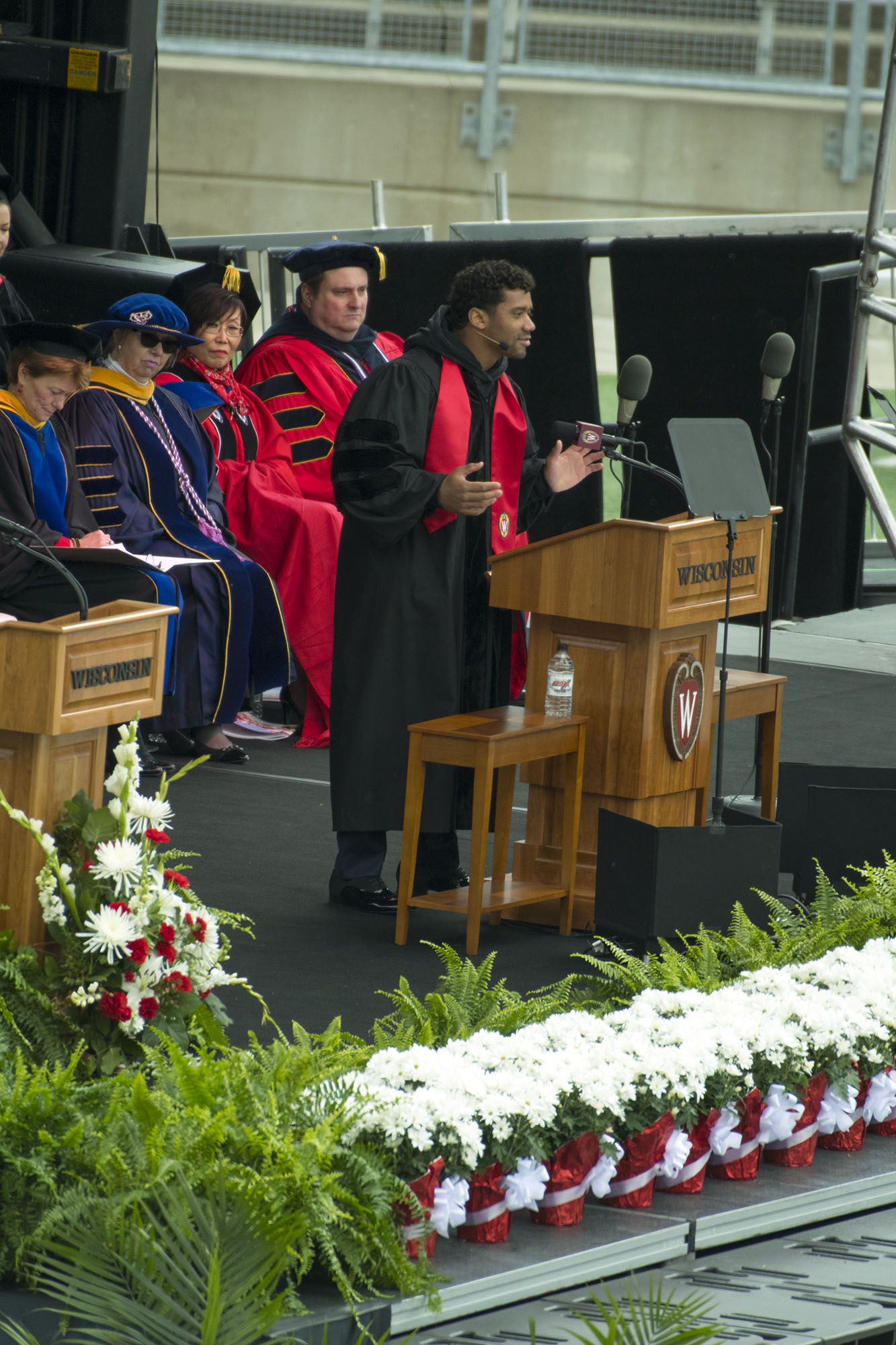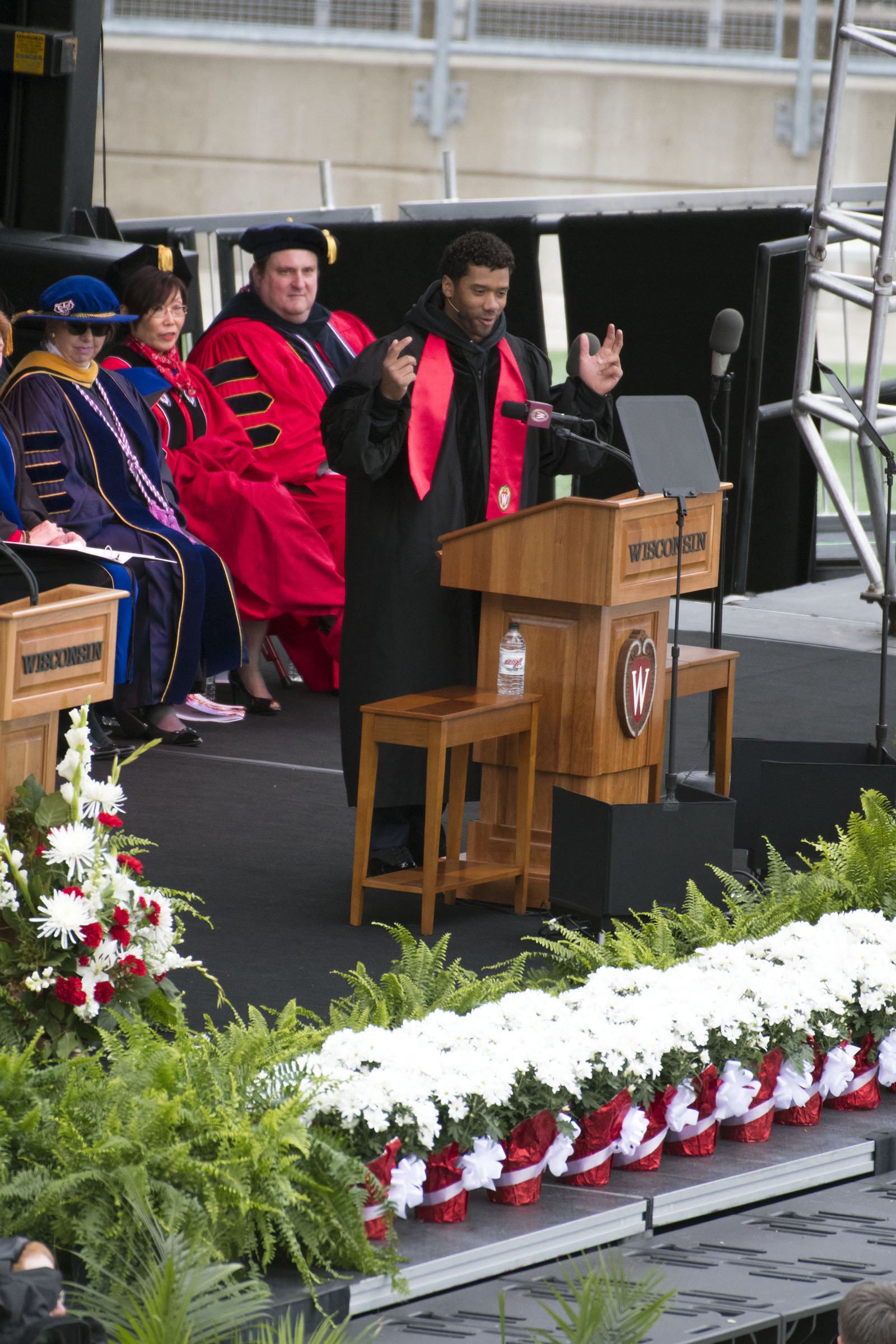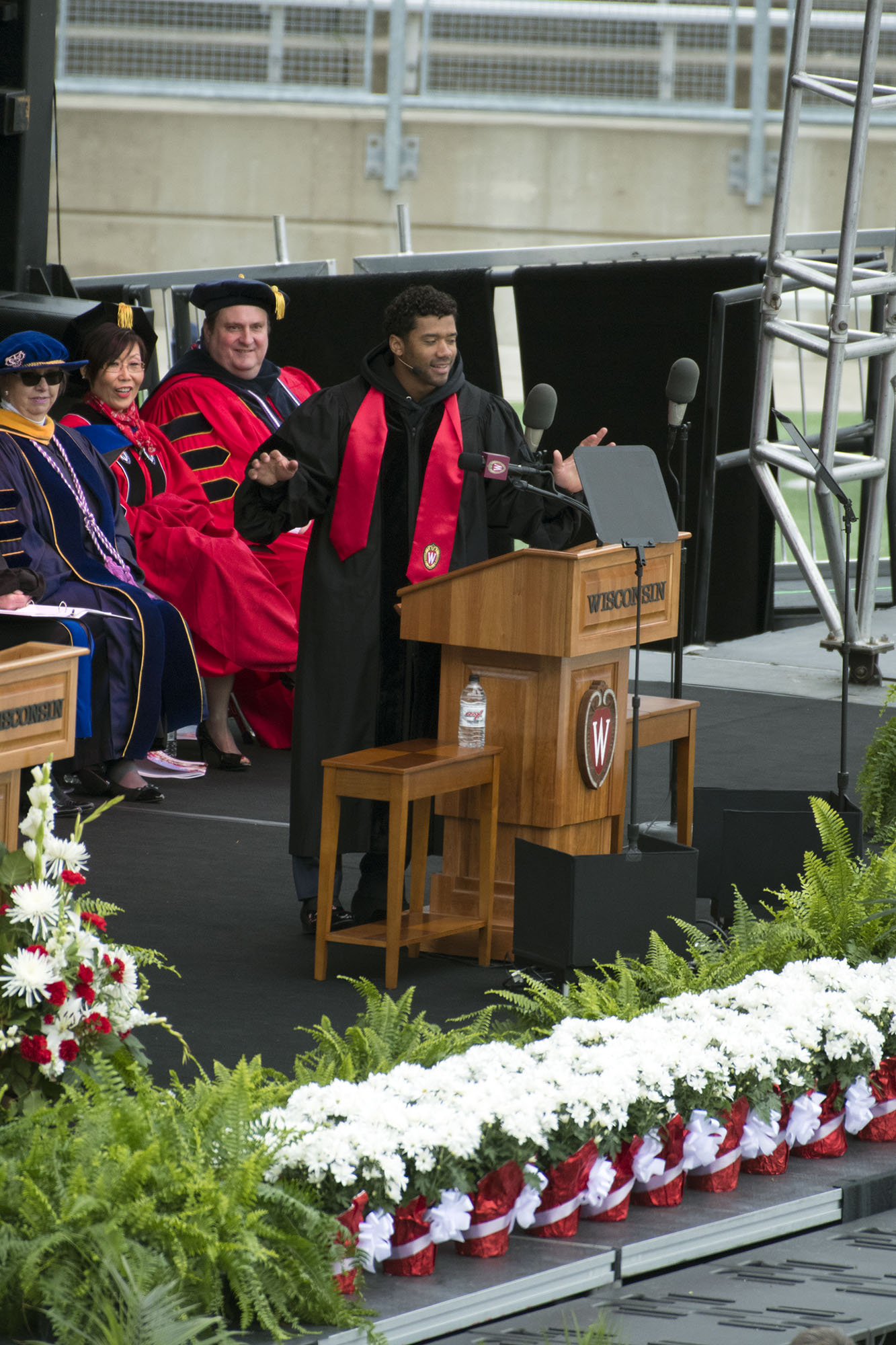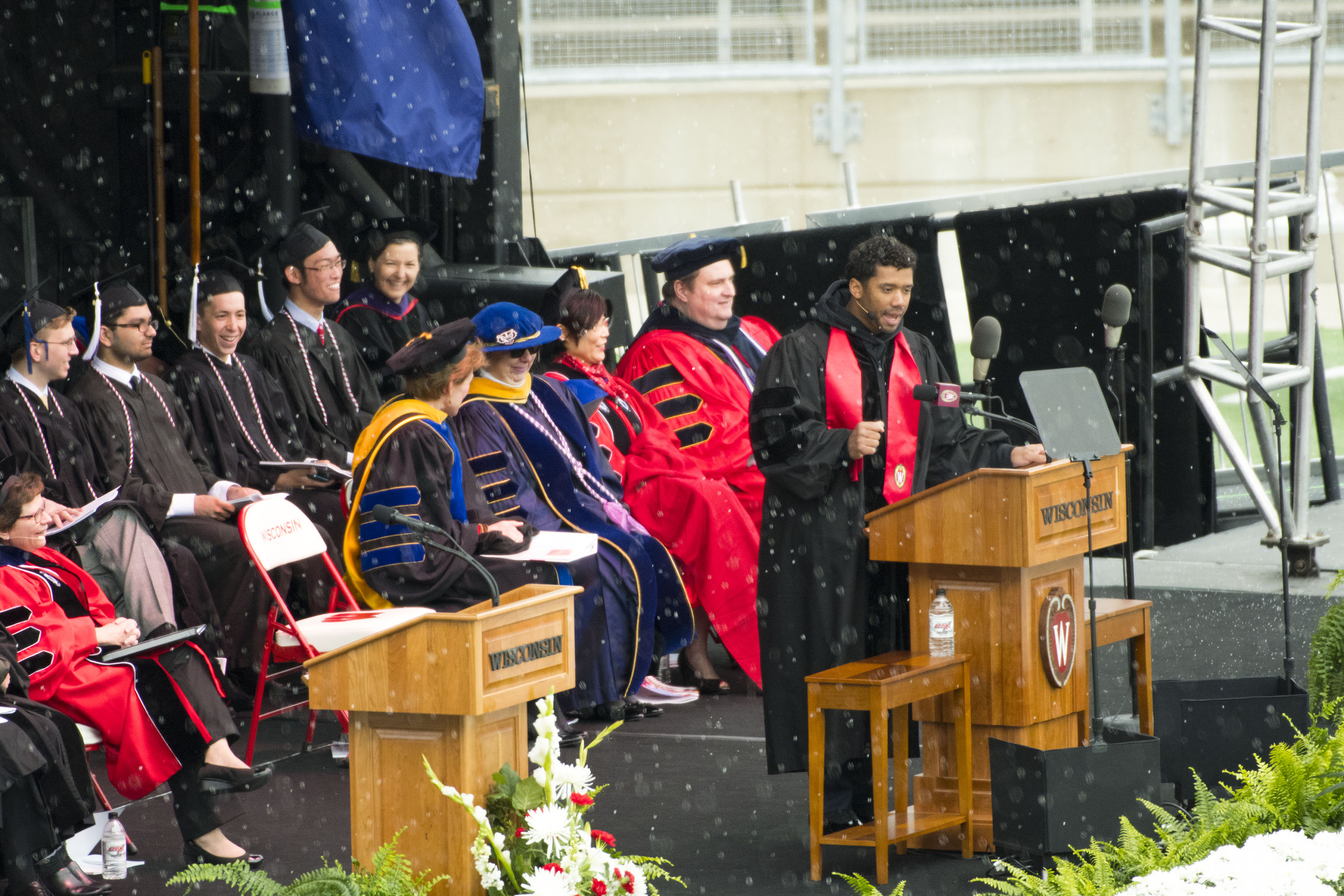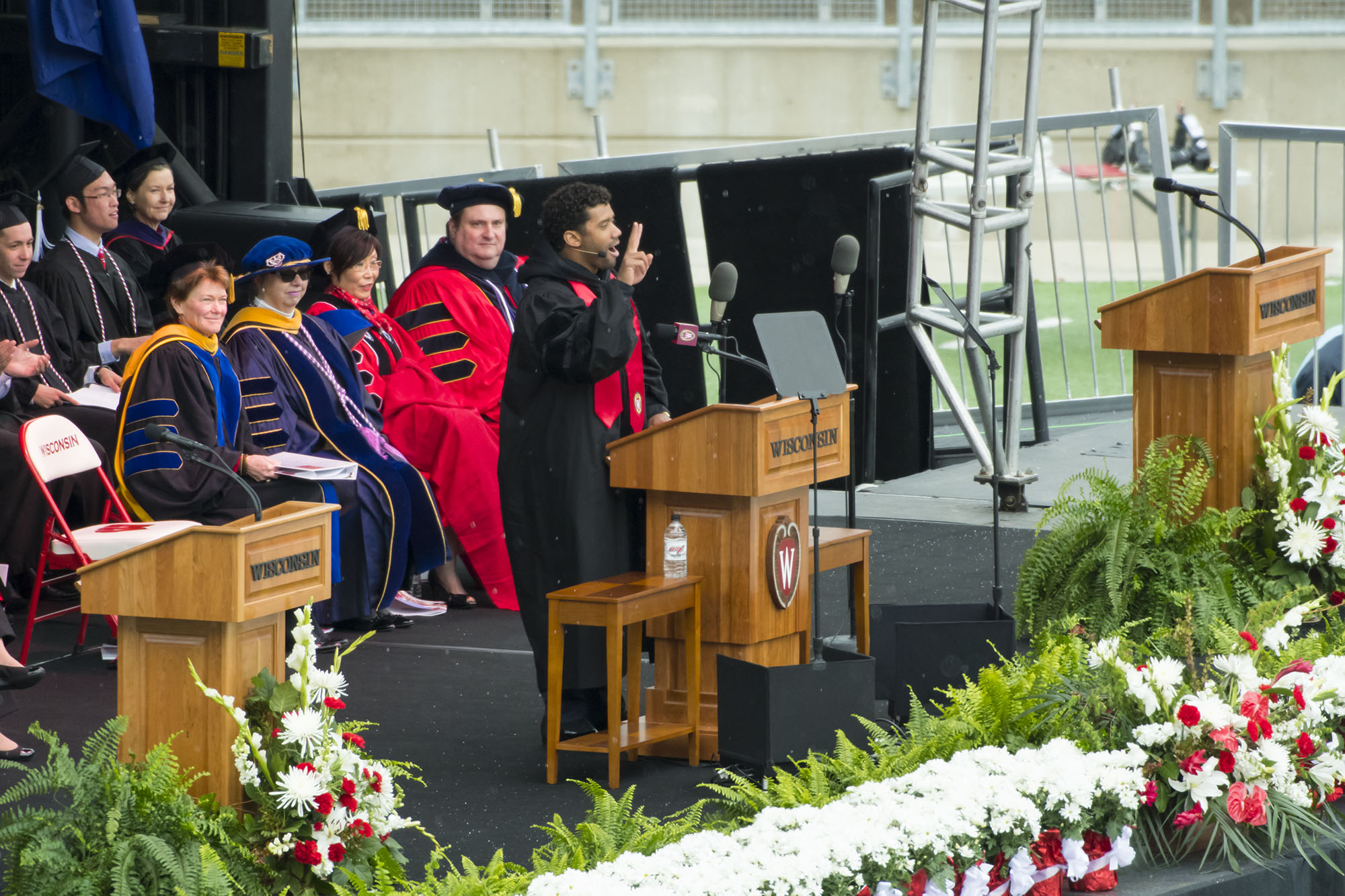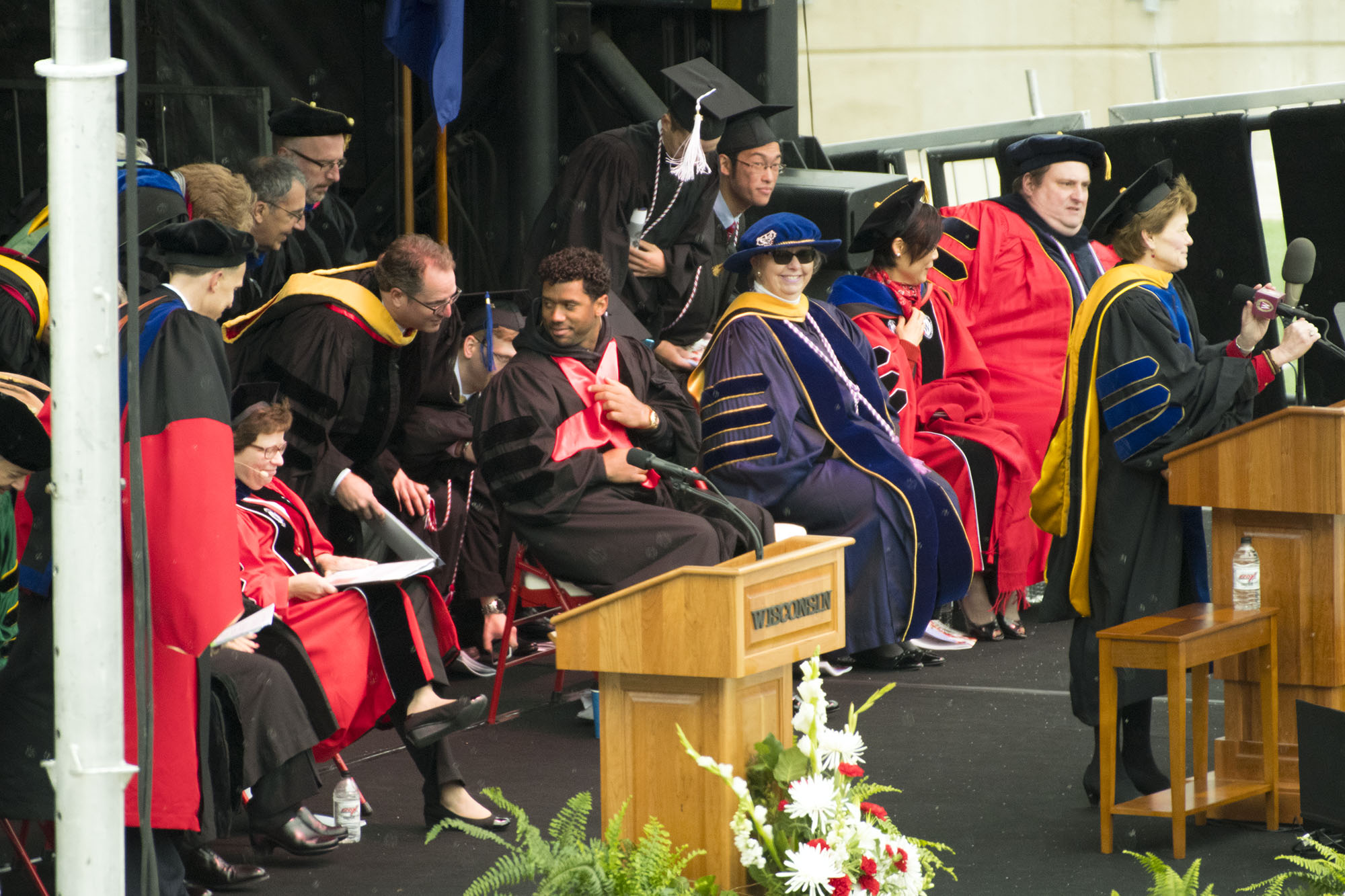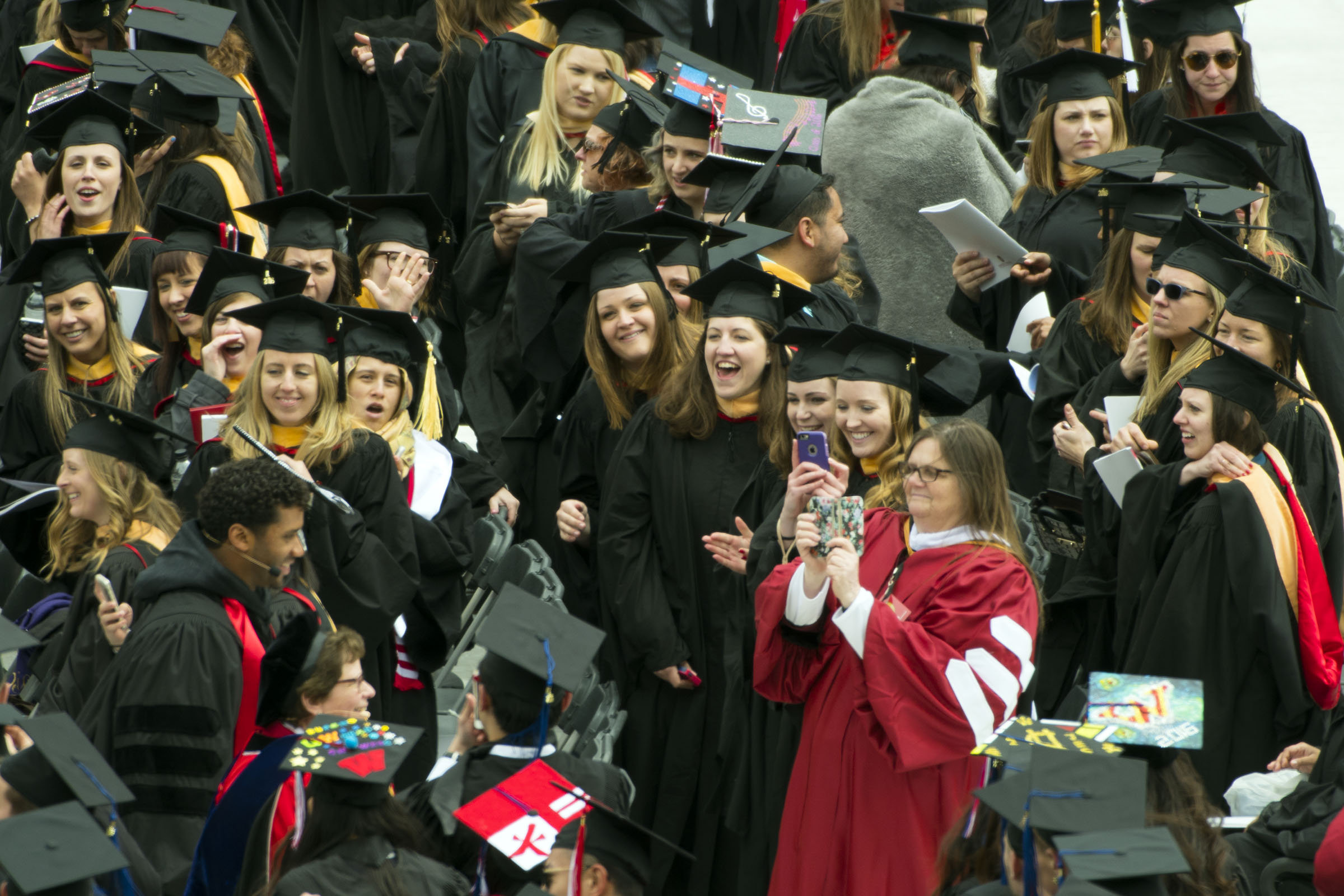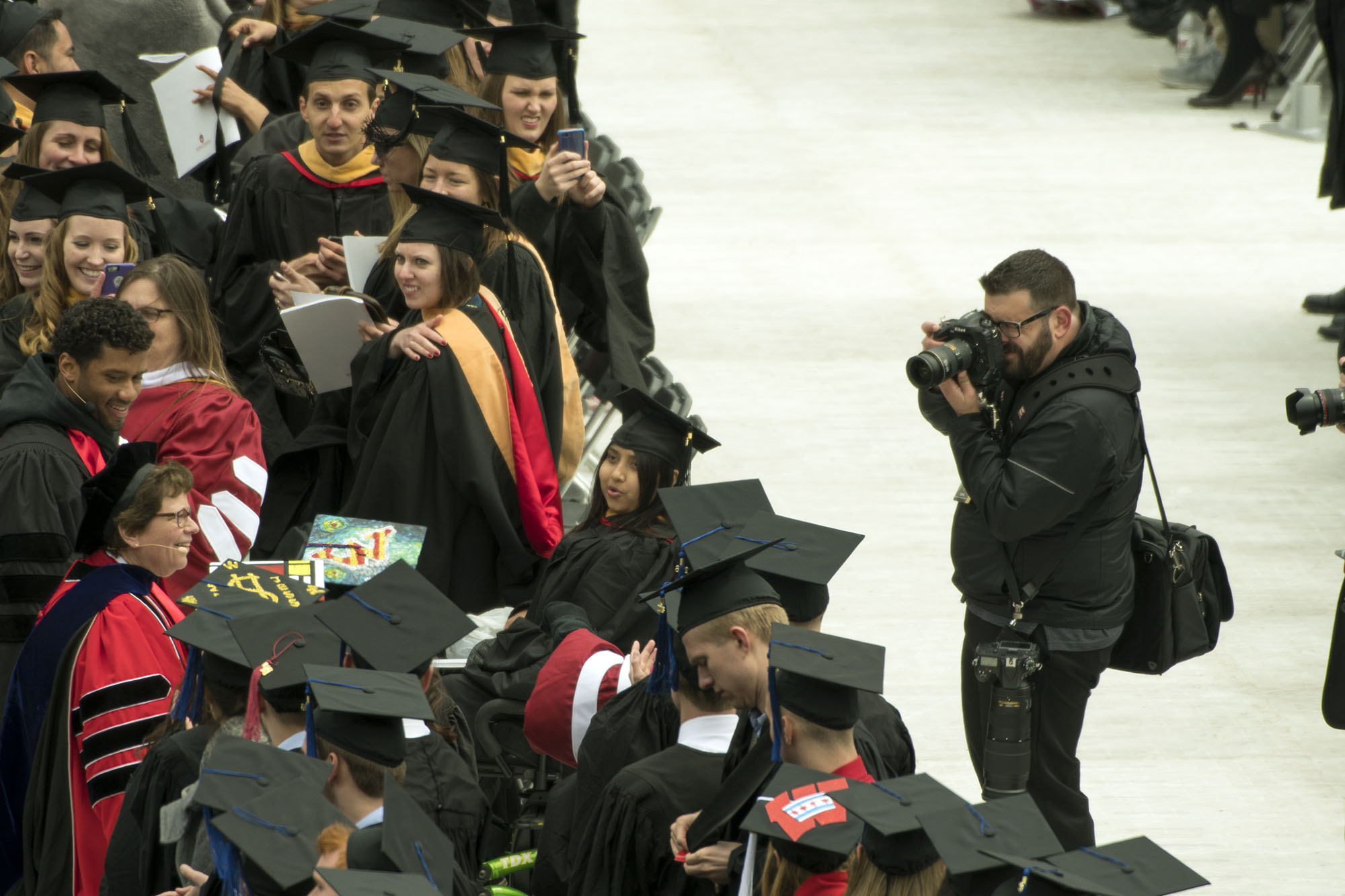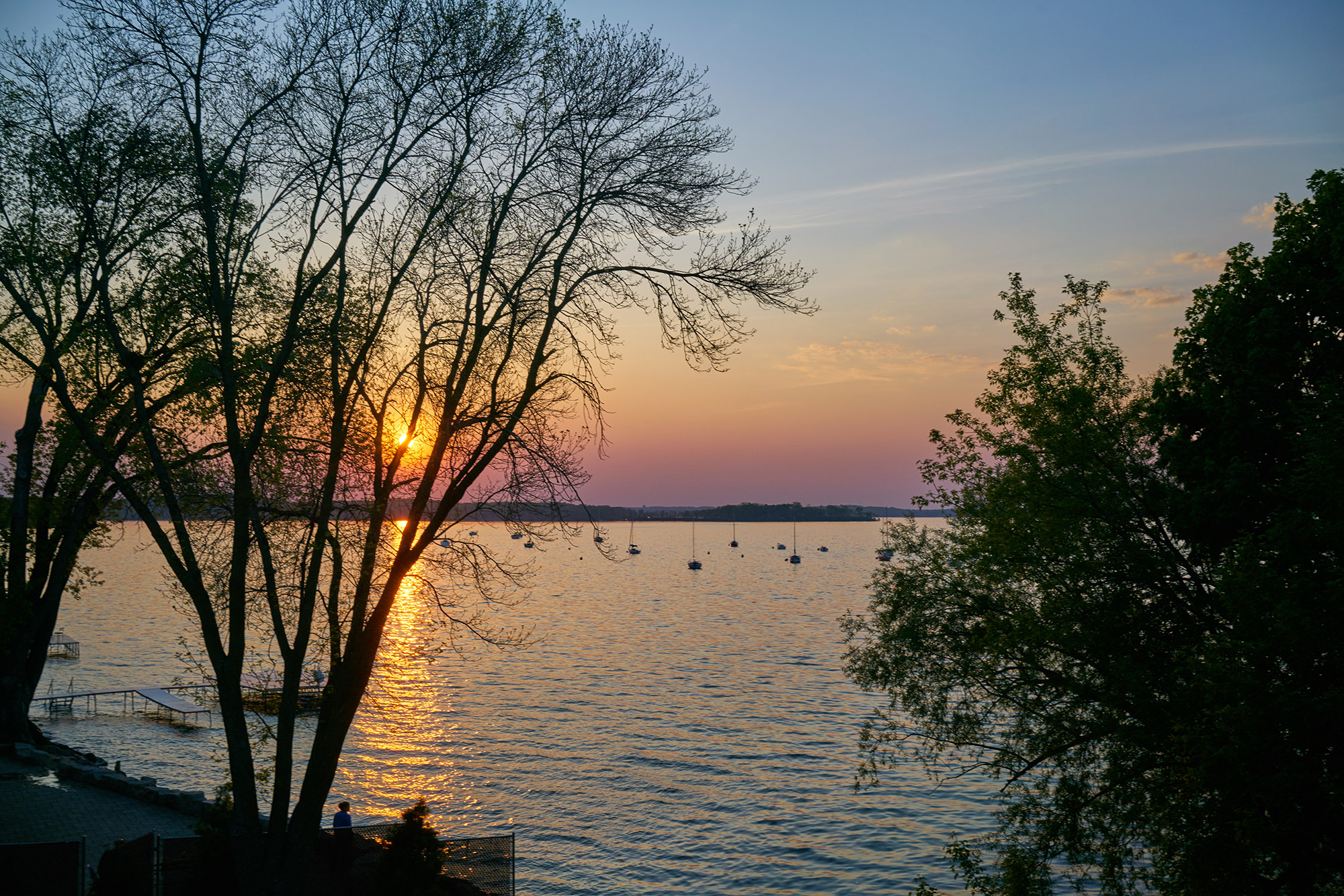The friendly catalog-based clothing retailer known for unimaginative (I say classic), rarely updated (I say tradition-minded), boxy (I say unconstraining) apparel is these days in the grip of a fashion-forward Italian CEO named Federica Marchionni, and here the error of Lands’ End’s current path becomes apparent. Lands’ End is based in Dodgeville, Wisconsin, and should not be run by an Italian, someone who is fashion-forward or, especially, someone named Federica. Lands’ End is as unpretentious as a Ford-150. It should be run by someone named Mitch or Phil, and, no, I do not mean Mitchell and especially not Phillippe. Marchionni is given to describing the company’s proudly fashion-backward line as “ugly” and asks in meetings, “Who would wear that?” Dark rumors abound that Lands’ End will be buying ads in the September issue of Vogue, that celebrity photographer Bruce Weber will be doing shoots for its products, that weird-looking asymmetrical dresses that appear to have been splattered with blood by abstract expressionists will be the new focus of the company’s line.
This is as dire a situation as Budweiser being bought by Belgians. Indeed, it’s far worse; it’s as though Budweiser stopped making beer and reintroduced itself as an appletini manufacturer. Marchionni, whose previous bonehead attempt to inject sophistication was to ally the brand with leftist politics, must be fired immediately before Lands’ End turns into some sort of hideous would-be Pucci of Wisconsin.
Change is hard. I know nothing about fashion…
